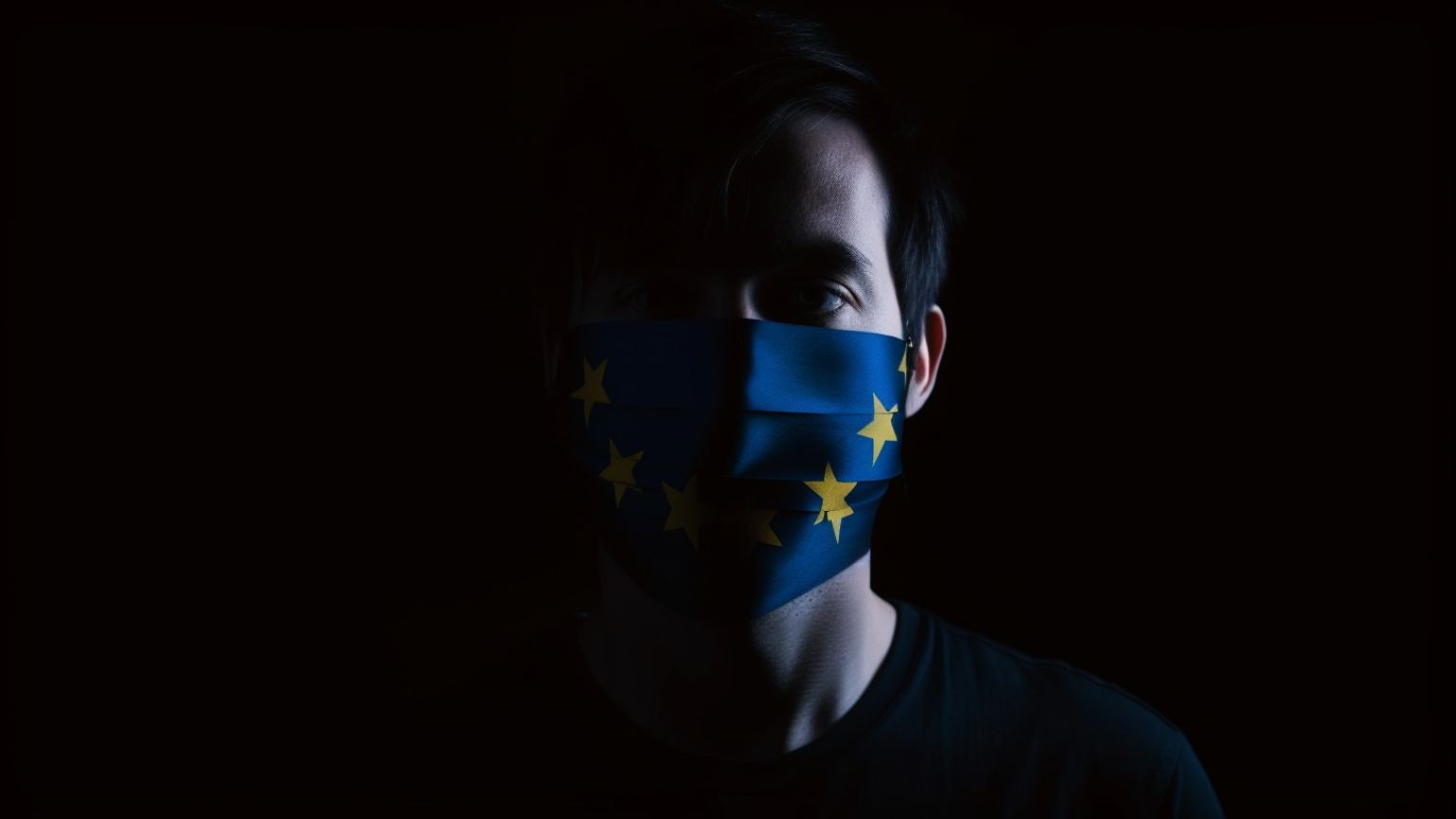Sparking serious concerns over severe censorship and free speech restrictions, the European Union has initiated a formal investigation into X, due to perceived misinformation related to the recent Hamas attack on Israel.
The potential risk of such probes is that they could lead to a world where a centralized authority determines the validity of opinions and controls information flow.
From the perspective of anti-censorship advocates, this move by the EU is a slippery slope.
The imperative question that arises is who gets to define “misinformation,” and how can it be ensured that bias or interests of the few do not influence these definitions?
This investigation marks the inaugural application of the Digital Services Act (DSA) – a controversial legislative effort purportedly aimed at policing Big Tech.
However, free speech advocates argue that this aggressive stance strays dangerously close to infringing on foundational rights to free expression.
In the wake of recent hostilities between Israel and Hamas, there’s been a substantial uptick in digital content related to the conflict, some containing graphic imagery. While the EU’s initiative is purportedly to quell misinformation, it raises the age-old question: where does one draw the line between censoring misinformation and infringing upon free speech?
Elon Musk, now at the helm of X, received a letter from EU commissioner Thierry Breton, signaling unease that the platform could be a conduit for what the EU deems “illegal content and disinformation.” In response, Musk advocated for transparency, inviting the EU to make public the alleged violations, thereby allowing the public to form their opinions. “Our policy is that everything is open source and transparent, an approach that I know the EU supports. Please list the violations you allude to on X, so that that [sic] the public can see them. Merci beaucoup,” Musk wrote.
Yet, Breton’s rejoinder was less than satisfactory for proponents of free discourse. He retorted, “You are well aware of your users’ — and authorities’— reports on fake content and glorification of violence. Up to you to demonstrate that you walk the talk.” This statement underscores a problematic vagueness and subjectivity in determining what constitutes a gray area that poses a potential threat to free speech.








